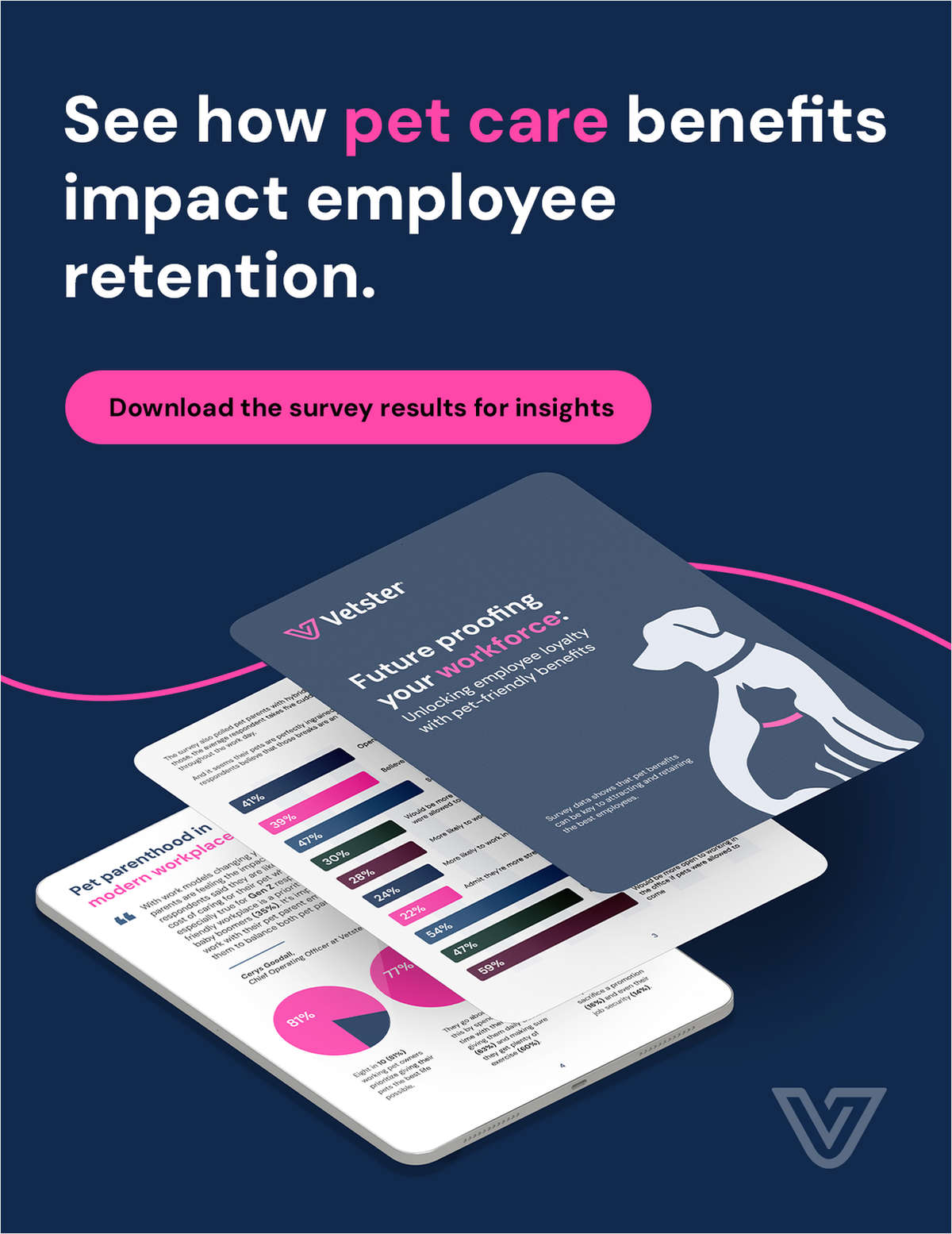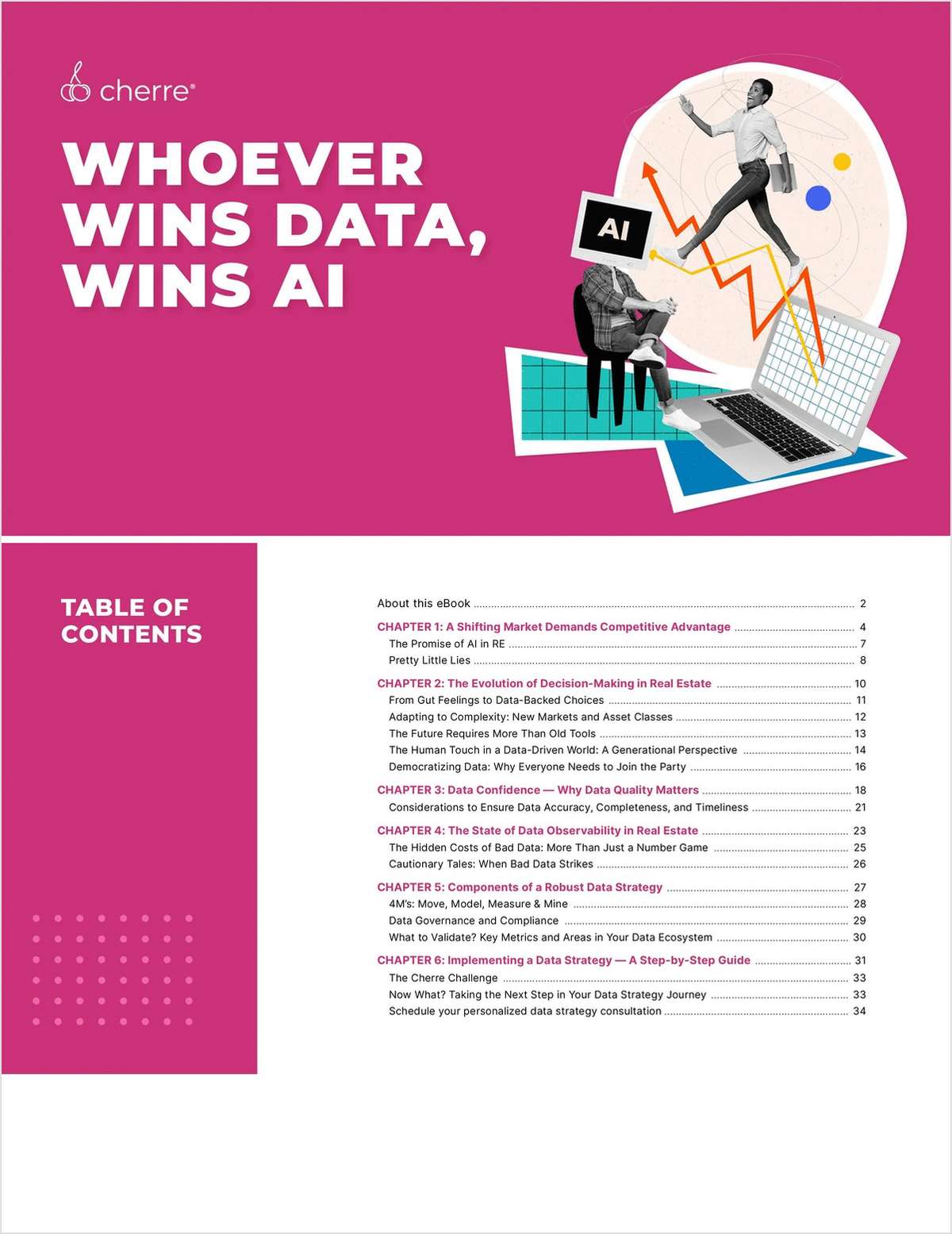 School bus. Photo by Stuart Monk/Shutterstock.com
School bus. Photo by Stuart Monk/Shutterstock.comEnvironmental Federal Lawsuit Seeks to Eliminate 'Idling' Vehicles in Connecticut
A federal lawsuit targeting school bus company DATTCO Inc. claims the company allowed numerous buses to stay idle for more than three minutes, in violation of state and federal law.
February 20, 2020 at 06:04 PM
4 minute read
Environmental attorneys say a federal lawsuit filed Wednesday afternoon in U.S. District Court for the District of Connecticut against a well-known school bus company can have legs if the plaintiffs play their cards right.
Boston-based environmental nonprofit Conservation Law Foundation filed the suit after it said its investigators found drivers for New Britain-based DATTCO Inc. had left their buses idling for more than the three-minute maximum under state and federal law 132 times in October, November and earlier this month in numerous communities in Connecticut.
Officials from CLF said the alleged violations were observed and video-recorded and environmental attorney Mark Zimmerman said that could be enough to prove their case, if the nonprofit will do its homework.
"They will have to prove the overidling caused a fair amount of pollution," said Zimmerman, a shareholder with the Hartford offices of Updike, Kelly & Spellacy. "It's not impossible. You'd have to get experts who will testify to the emissions levels and what the contaminants would be. One bus idling too long is not a big deal, but multiply that by many vehicles and the accumulation of buses and it can be a real environmental issue."
As of Thursday afternoon, no attorney had filed an appearance for DATTCO.
In an emailed statement Thursday, the company wrote that it "has a long history of compliance with Connecticut's idling regulations and has never been cited by the Connecticut Department of Energy and Environmental Protection or the Connecticut Department of Motor Vehicles for any violation of these regulations."
"As members of many communities located throughout the state, DATTCO employees have a strong and vested interest in maintaining a healthy environment," it wrote.
But plaintiffs counsel Kenta Tsuda, a staff attorney for CLF, said Thursday that both state law and the federal Clean Air Act are on his side.
"This lawsuit should show others that those who want to protect the environment can do so when we use our federal environmental laws in federal court," Tsuda said.
Under Connecticut law, vehicles cannot idle for more than three minutes, with exceptions that include being stuck in traffic, Tsuda said. Connecticut instituted a State Implementation Plan that was approved federally via the Clean Air Act, so Tsuda argues the three-minute idling ruling is in violation of both Connecticut and federal law. Each state is required to develop a State Implementation Plan to achieve federally-set air standards, which can include rules related to the idling of vehicles.
Investigators from the nonprofit found the school buses idling from four minutes and longer and, in one case, up to 41 minutes.
"The big takeaway is that this is a case addressing an extremely important environmental issue," Tsuda said. "And that is exhaust pollution from idling vehicles. For school buses to expose children to fine particulate matter, nitrogen oxide, sulfur dioxide, benzene, formaldehyde and other pollutants is objectively crazy and wrong."
Tsuda said his group targeted DATTCO because "of the risks its illegal pollution poses to surrounding communities." He said the foundation has filed four similar lawsuits in the past year in Massachusetts. Those cases are pending.
"These cases stem from our new tailpipe-pollution campaign," Tsuda said. "Pollution of this type is extremely dangerous, especially for children and the elderly."
According to the lawsuit, "These pollutants enter the lungs, impairing respiratory and cardiovascular health." It claims children are particularly vulnerable because of their developing lungs.
Tsuda said he is optimistic of prevailing because "the law is pretty clear-cut."
Zimmerman said idling, especially in New England, is prevalent because in colder states motorists tend to let their vehicles warm up longer.
|This content has been archived. It is available through our partners, LexisNexis® and Bloomberg Law.
To view this content, please continue to their sites.
Not a Lexis Subscriber?
Subscribe Now
Not a Bloomberg Law Subscriber?
Subscribe Now
NOT FOR REPRINT
© 2024 ALM Global, LLC, All Rights Reserved. Request academic re-use from www.copyright.com. All other uses, submit a request to [email protected]. For more information visit Asset & Logo Licensing.
You Might Like
View All
Read the Document: 'Google Must Divest Chrome,' DOJ Says, Proposing Remedies in Search Monopoly Case
3 minute read
Apple Asks Judge to 'Follow the Majority Practice' in Dismissing Patent Dispute Over Night Vision Technology

'Don't Be Afraid to Dumb It Down': Top Fed Magistrate Judge Gives Tips on Explaining Complex Discovery Disputes

State High Court Adopts Modern Standard for Who Keeps $70K Engagement Ring After Breakup
Trending Stories
- 1Debtor-Owner Allowed to Modify Mortgage in Bankruptcy Even if Debtor Is Not Obligor Under the Mortgage Loan
- 2Legal Chief of Retailer Beyond Exiting at Tumultuous Time
- 3Law Firm Real Estate Strategy: Attorney Offices Are Out, Conference Rooms Are In
- 4AI Governance In Practice
- 5Section 1782 Practice Pointers From Recent Decisions
Who Got The Work
Michael G. Bongiorno, Andrew Scott Dulberg and Elizabeth E. Driscoll from Wilmer Cutler Pickering Hale and Dorr have stepped in to represent Symbotic Inc., an A.I.-enabled technology platform that focuses on increasing supply chain efficiency, and other defendants in a pending shareholder derivative lawsuit. The case, filed Oct. 2 in Massachusetts District Court by the Brown Law Firm on behalf of Stephen Austen, accuses certain officers and directors of misleading investors in regard to Symbotic's potential for margin growth by failing to disclose that the company was not equipped to timely deploy its systems or manage expenses through project delays. The case, assigned to U.S. District Judge Nathaniel M. Gorton, is 1:24-cv-12522, Austen v. Cohen et al.
Who Got The Work
Edmund Polubinski and Marie Killmond of Davis Polk & Wardwell have entered appearances for data platform software development company MongoDB and other defendants in a pending shareholder derivative lawsuit. The action, filed Oct. 7 in New York Southern District Court by the Brown Law Firm, accuses the company's directors and/or officers of falsely expressing confidence in the company’s restructuring of its sales incentive plan and downplaying the severity of decreases in its upfront commitments. The case is 1:24-cv-07594, Roy v. Ittycheria et al.
Who Got The Work
Amy O. Bruchs and Kurt F. Ellison of Michael Best & Friedrich have entered appearances for Epic Systems Corp. in a pending employment discrimination lawsuit. The suit was filed Sept. 7 in Wisconsin Western District Court by Levine Eisberner LLC and Siri & Glimstad on behalf of a project manager who claims that he was wrongfully terminated after applying for a religious exemption to the defendant's COVID-19 vaccine mandate. The case, assigned to U.S. Magistrate Judge Anita Marie Boor, is 3:24-cv-00630, Secker, Nathan v. Epic Systems Corporation.
Who Got The Work
David X. Sullivan, Thomas J. Finn and Gregory A. Hall from McCarter & English have entered appearances for Sunrun Installation Services in a pending civil rights lawsuit. The complaint was filed Sept. 4 in Connecticut District Court by attorney Robert M. Berke on behalf of former employee George Edward Steins, who was arrested and charged with employing an unregistered home improvement salesperson. The complaint alleges that had Sunrun informed the Connecticut Department of Consumer Protection that the plaintiff's employment had ended in 2017 and that he no longer held Sunrun's home improvement contractor license, he would not have been hit with charges, which were dismissed in May 2024. The case, assigned to U.S. District Judge Jeffrey A. Meyer, is 3:24-cv-01423, Steins v. Sunrun, Inc. et al.
Who Got The Work
Greenberg Traurig shareholder Joshua L. Raskin has entered an appearance for boohoo.com UK Ltd. in a pending patent infringement lawsuit. The suit, filed Sept. 3 in Texas Eastern District Court by Rozier Hardt McDonough on behalf of Alto Dynamics, asserts five patents related to an online shopping platform. The case, assigned to U.S. District Judge Rodney Gilstrap, is 2:24-cv-00719, Alto Dynamics, LLC v. boohoo.com UK Limited.
Featured Firms
Law Offices of Gary Martin Hays & Associates, P.C.
(470) 294-1674
Law Offices of Mark E. Salomone
(857) 444-6468
Smith & Hassler
(713) 739-1250










